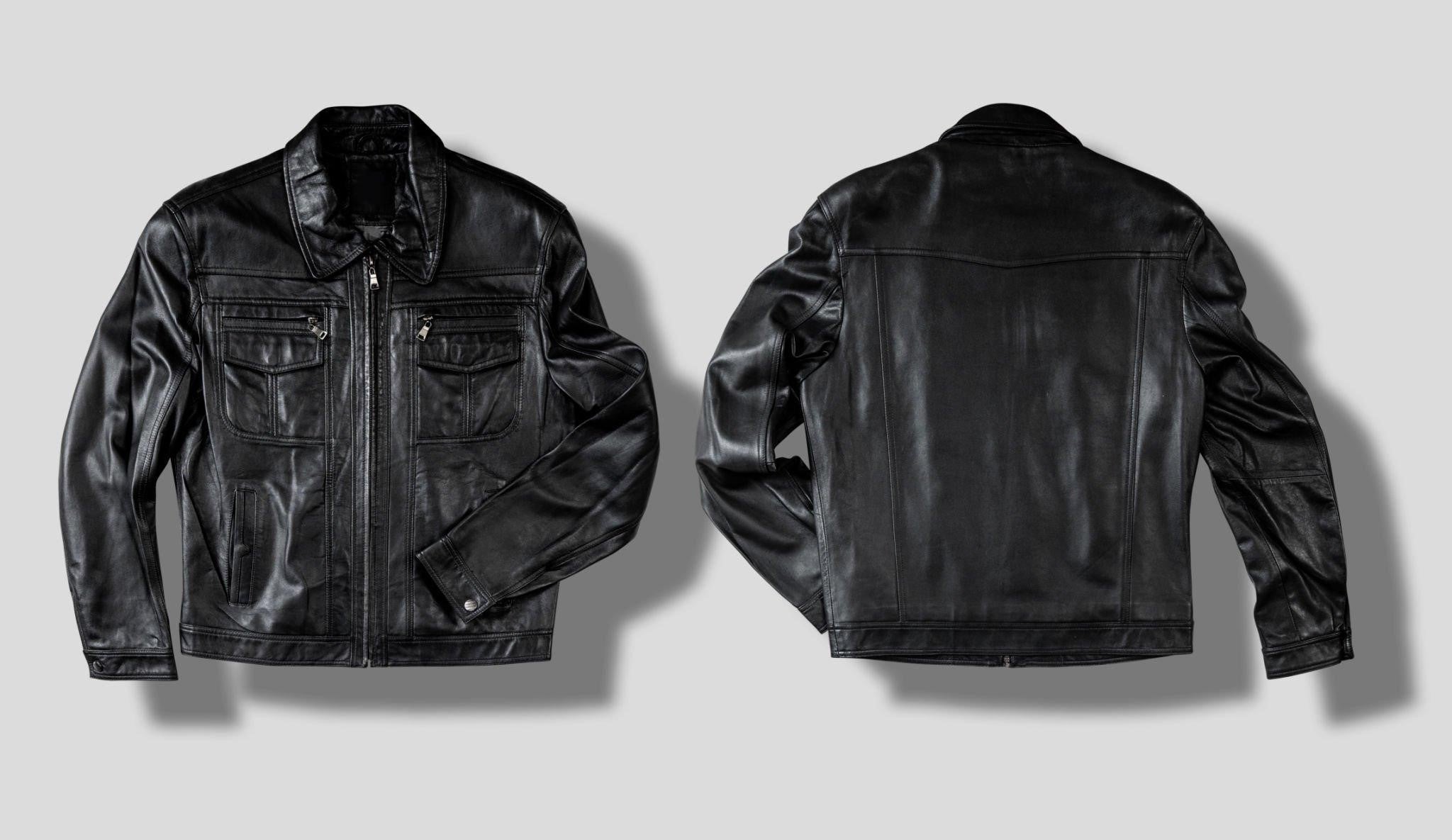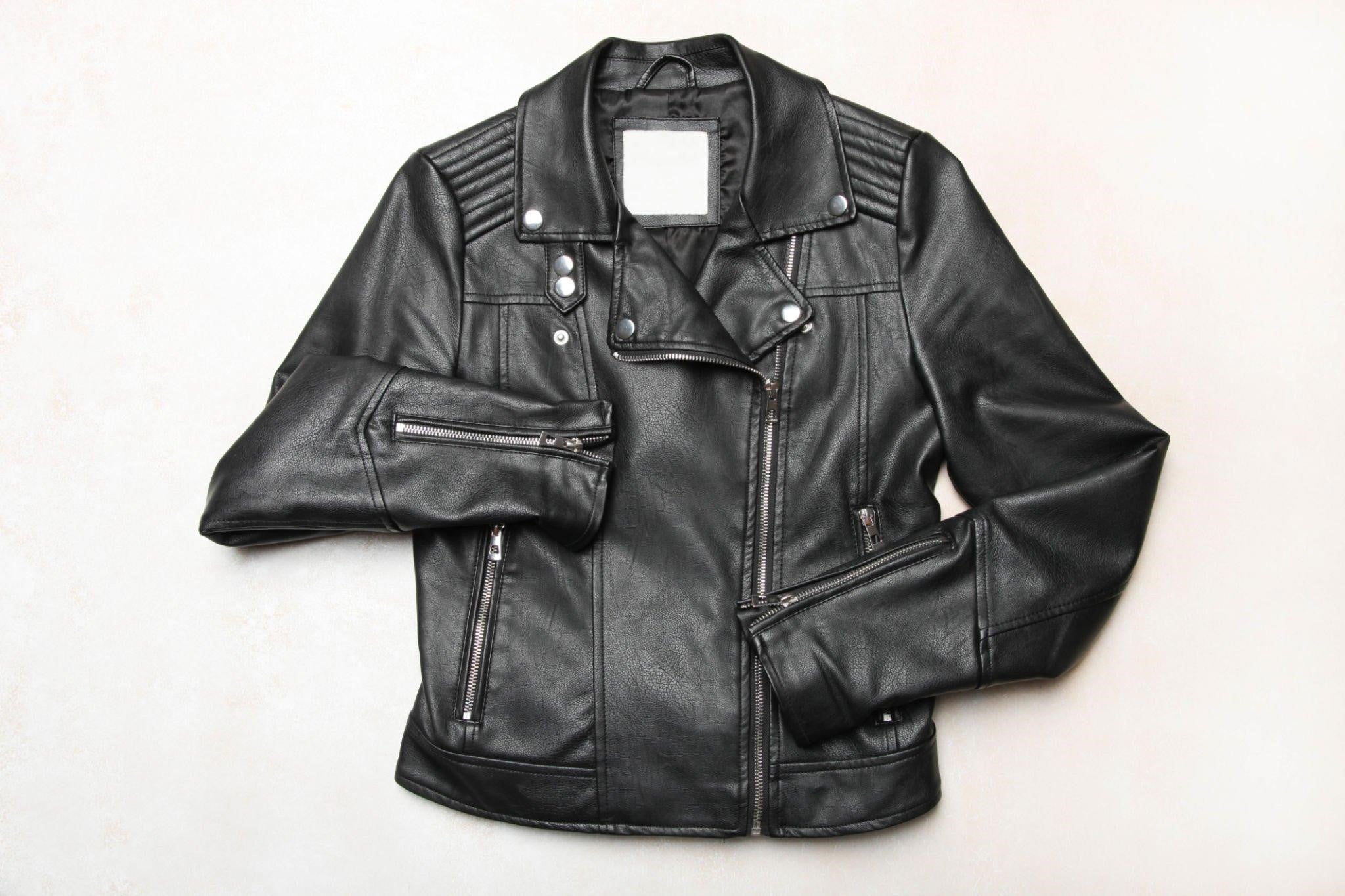What Is Tailoring?
Tailoring is the process of customizing or altering a garment to fit an individual's body. It involves adjusting various parts of the jacket, such as the sleeves, shoulders, chest, and waist, to achieve a more flattering and personalized fit. Regarding leather jackets, tailoring is often necessary, as finding a perfect fit off-the-rack can be challenging due to body shape and size variations.
Why Tailoring Matters for Leather Jackets
A leather jacket is an investment piece, and tailoring ensures that you get the most out of your investment. A jacket that fits perfectly not only looks better but also feels more comfortable. Tailoring can transform a good jacket into an extraordinary one, enhancing its overall appeal.
Factors Influencing Tailoring Costs
1. Body Measurements and Alterations
The extent of alterations required greatly impacts the cost. Simple alterations such as shortening sleeves or adjusting the waist might incur a lower cost compared to more intricate modifications.
2. Type of Leather
Different types of leather have varying levels of complexity when it comes to alterations. Soft and supple leather is generally easier to work with than thicker, more rigid leather.
3. Jacket Style and Complexity
The style of the jacket plays a role in the tailoring process. A basic jacket with minimal design elements will likely cost less to tailor compared to a jacket with intricate detailing or embellishments.
4. Lining and Hardware
Altering the lining or hardware of a leather jacket requires additional expertise and effort. The type of lining and the placement of hardware can affect the overall cost.
Understanding the Cost Breakdown
1. Initial Consultation Fee
Many tailors charge a consultation fee, which covers discussions about alterations and measurements. This fee is often deducted from the total cost if you proceed with the tailoring.
2. Material Costs
In some cases, the tailor might need to source additional material to complete the alterations. This can include matching leather, thread, and lining material.
3. Labor Charges
Labor charges make up a significant portion of the tailoring cost. The complexity of alterations, along with the tailor's expertise, will influence this aspect.
4. Additional Customization
If you're looking for extra customizations, such as adding pockets or changing the collar style, these will incur additional costs.
Average Cost Range for Tailoring Leather Jackets
The cost of tailoring a leather jacket can vary widely. Simple alterations might range from $50 to $200, while more extensive modifications could cost $300 or more. High-quality leather jackets warrant a higher tailoring investment.
Is Tailoring Worth the Investment?
Absolutely. A well-tailored leather jacket transforms it from a mere piece of clothing into a reflection of your style and personality. The confidence that comes with a perfectly fitted jacket is priceless.
Tips for Successful Leather Jacket Alterations
To ensure successful leather jacket alterations, consider the following tips:
1. Clearly communicate your needs:
Articulate your specific requirements to the tailor during the consultation process. Provide clear instructions, measurements, and any design preferences you have to avoid miscommunication.
2. Trust the tailor's expertise:
While it's essential to communicate your desires, remember that professional tailors have extensive knowledge and experience. Be open to their suggestions and trust their expertise in achieving the best fit and style for your leather jacket.
3. Consider the overall design:
When making alterations to your leather jacket, consider how the changes will affect the overall design and functionality. Ensure that the alterations enhance the jacket's aesthetic appeal and do not compromise its functionality, such as the movement of zippers or the placement of pockets.
4. Be realistic about what can be achieved:
Understand the limitations of altering a leather jacket and be realistic about what can be achieved. Some alterations may not be possible due to the structure or design of the jacket. Consult with the tailor to determine the best course of action.
5. Allow for adjustments:
Keep in mind that the alterations may require multiple fittings and adjustments to achieve the desired fit. Be patient and allow the tailor sufficient time to make any necessary tweaks and refinements.
Conclusion
Tailoring a leather jacket is an investment that pays off in the form of impeccable fit and enhanced style. The cost varies based on factors such as alterations, materials, and customization. Remember, a well-fitted leather jacket is not just an accessory; it's a statement piece that reflects your individuality.


